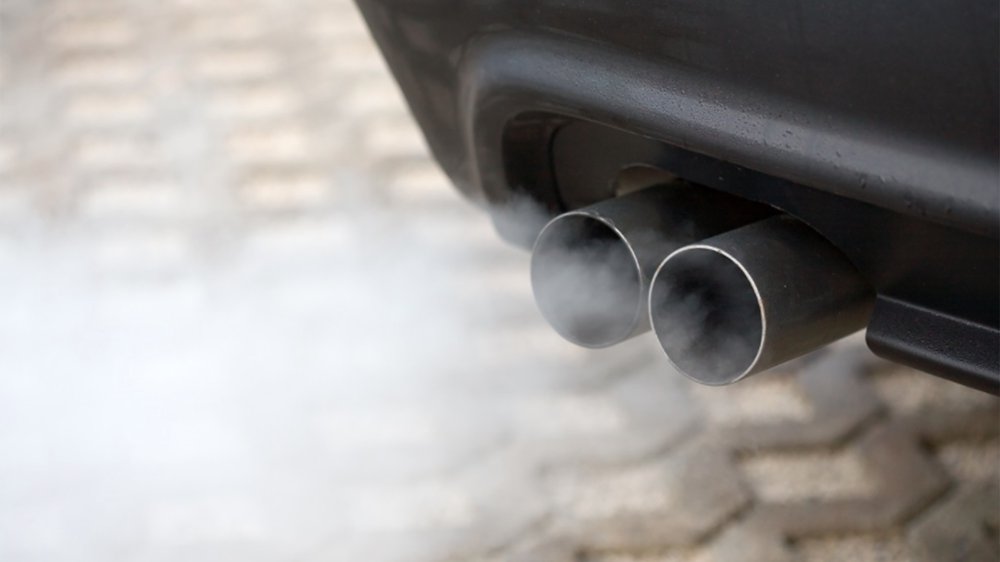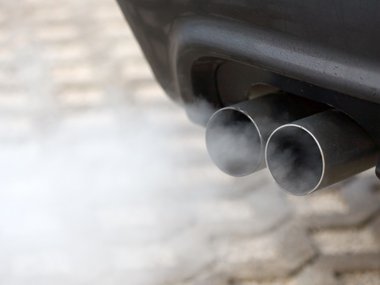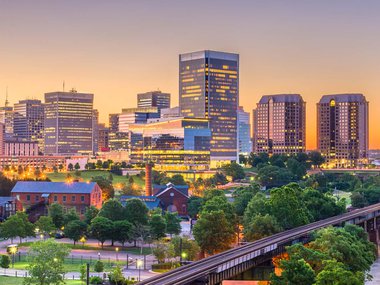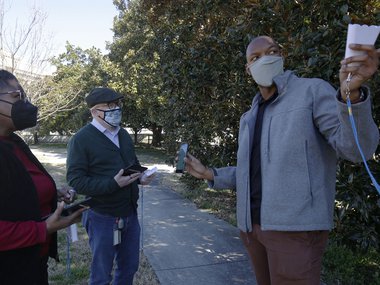Question Your World: Does Cleaning Up the Air Really Make a Difference?
Science helps us better understand the world around us. Oftentimes we use new information to help make decisions on how we do things. For example, when there was a lot of concern over our dwindling ozone layer, scientists implemented research and development that helped guide international policy, which then helped turn the ozone-depletion issue around. Science continues to have a similar impact as we study the world around us. One big question that often comes up is how effective these efforts really are. A recent study on air quality has helped shed some light on a possible health impact on children. Does cleaning up the air really make a difference?
Scientific research can help us evaluate how our decisions impact on our world even years down the road. A recently released paper in the journal of the American Medical Association highlights one such potential impact by looking at air quality and childhood asthma cases.
Southern California is known for its warm weather, insane nightlife, and of course, smog. Ah yes, air pollution. To "clear the air," California lawmakers have been putting stricter regulations on pollution sources, but a big question to consider is: did it have any impact on health? To investigate that, scientists looked at a long-term study of children’s health that followed over 4,000 children. These students were studied in three groups, staggered between the years of 1993 and 2014, as the children went from 4th through 12th grade.

Image credit: Getty Images
California’s stricter air quality policies didn’t change the air quality in some areas very much, a few places got a little worse, and some places got noticeably better. Places with improved air quality also saw a reduction in new asthma cases in certain populations of children by an average of 20%! Now we don’t know if these are directly linked, but this is the first of a kind study and will still require more research.
Okay, so some kids in California are breathing a little easier, but what does that have to do with us here in Richmond, VA? Our river city ends up on a lot of lists for things like breweries, art galleries, and outdoor adventures, but we’re also pretty high up on the Asthma and Allergy Foundation of America’s list of "Asthma Capitals." As of 2019, Richmond ranked 12th worst out of 100 cities for asthma sufferers. Decades-long studies on issues like air quality and children’s asthma can give scientists and lawmakers a more complete picture of how our exposure to things around us impact our overall health. Studies like this pave the way for deeper knowledge about the world around us while also giving local elected officials the data needed to create policies to help keep citizens safe and healthy.
This is not the first time that we've seen an air quality clean-up resulting in benefits to children. For the 2008 Olympics, the city of Beijing cleaned up its air quality for this globally attended event. Scientists observed that children born during this time period were healthier than before the clean-up efforts took place. They observed that the babies born during the clean-air time period were around 28 grams heavier than before the pollution clean-up efforts began. Just another example of the benefits regarding the reduction of harmful pollutants from our lives.
There you go. Science, helping us better understand the correlation between air quality and asthma rates. Pretty breathtaking.


